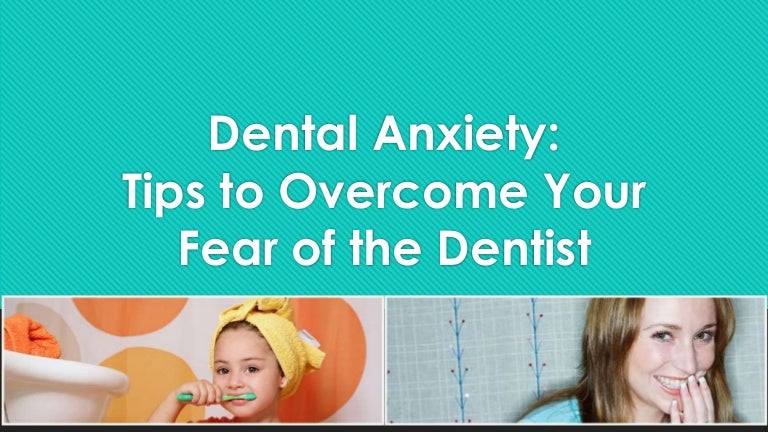

Dealing with dental anxiety is a common challenge impacting countless individuals worldwide. This pervasive fear can significantly impact a person’s oral health, leading to delayed or avoided dental treatments. Dental anxiety encompasses a range of anxieties, from mild apprehension to intense fear and phobia. This article explores practical strategies for overcoming this fear, enabling you to prioritize your oral health. We’ll examine various techniques to manage your anxiety, ensuring you can conquer your fear and have a positive experience. This guide is structured to provide comprehensive solutions, beginning with foundational understanding and progressing through actionable techniques. We will cover coping strategies, relaxation techniques, and selecting a supportive dental professional.
Understanding the Root Causes of Dental Anxiety
Understanding the root causes of your dental anxiety is a crucial first step in overcoming it. Dental anxiety can stem from a variety of factors, including past negative experiences, fear of pain or discomfort, anxiety disorders, or even a general fear of the unknown. Recognizing these triggers empowers you to address the underlying cause, making you better equipped for developing effective coping strategies. Many people associate dental visits with painful experiences in the past, whether it was during childhood or a previous negative encounter at a dental clinic. Sometimes the anxiety can stem from a fear of needles or the unfamiliar sensations related to certain dental procedures. Recognizing these specific triggers empowers you to address them proactively. Exploring your past experiences related to the dentist with a therapist could be helpful.
Developing Effective Coping Strategies
Developing effective coping strategies is crucial for managing dental anxiety. These strategies empower you to confront your fear head-on while simultaneously minimizing its impact. A variety of techniques can help you to approach dental appointments with a sense of calm and confidence. One technique is deep breathing exercises, which can help slow your heart rate and reduce feelings of panic. Visualization is another key strategy that involves creating calming images in your mind before or during your visit. Muscle relaxation techniques, like progressive muscle relaxation, can help release tension in your body. Consider keeping a journal to track your anxiety levels leading up to the appointment and note any techniques that work for you.
Related Post : Understanding the Connection Between Gum Disease and Heart Health
Choosing a Supportive Dental Professional
Choosing a supportive dental professional is crucial in reducing dental anxiety. A dentist who understands and empathizes with your anxieties can significantly impact your experience. Look for dentists who are patient, compassionate, and willing to work with you to create a safe and comfortable environment. Communicating your concerns openly with your dentist is essential. Explain your specific fears or anxieties and ask them to take necessary steps to assure your comfort during the appointment. Many dentists offer options such as sedation dentistry, which can help reduce anxiety.
Relaxation Techniques for Reducing Anxiety
Relaxation techniques offer invaluable tools in mitigating anxiety related to dental visits. Effective techniques for anxiety reduction include guided meditation, progressive muscle relaxation, and mindfulness practices. Guided meditations specifically designed for dental anxiety can help you focus on positive affirmations and calming imagery. Progressive muscle relaxation involves systematically tensing and releasing different muscle groups, helping to release physical tension. Mindfulness exercises, such as focusing on your breath, can ground you in the present moment. These techniques can be practiced daily to develop a routine of calmness and well-being, helping to manage dental anxiety effectively.
Communication and Open Dialogue
Open communication with your dental team is essential for managing dental anxiety. Clearly expressing your concerns and fears can create a more supportive and understanding environment. Discuss your anxieties and preferences for treatment. Ask questions about the procedures, equipment, and potential sensations, empowering you to understand the experience better. By fostering a trusting relationship with your dentist, you can work together to create a more comfortable and effective treatment plan. Discuss your anxieties and preferences for treatment.
Additional Tips for Dealing with Dental Anxiety
Explore dental anxiety support groups or online communities to connect with others who understand your experience. Sharing stories and coping strategies can provide valuable support and encouragement. You can find communities online or in your local area. There are groups that provide helpful information, support, and advice from people who have similar experiences.
Practice Relaxation Techniques Daily
Incorporating daily relaxation practices, such as deep breathing exercises or meditation, can significantly reduce overall anxiety levels and build coping mechanisms for dental visits. These techniques build resilience and equip you with tools to manage any anxiety triggers. Establishing a daily routine of relaxation empowers you to approach dental visits with greater calmness and confidence.
Prepare in Advance for Dental Appointments
Prepare for your dental appointment well in advance to reduce anxiety. Gathering information about the procedures, asking questions about the process, and visualizing a positive outcome can reduce apprehension. This proactive preparation can empower you to approach your visit with a sense of control and calmness.
Focus on Your Positive Dental Experiences
Remind yourself of previous positive dental experiences to combat anxiety. Remembering times when you had a comfortable visit, focusing on successful dental procedures and the positive outcomes, and recognizing your own resilience can help mitigate anxiety triggers. Focus on positive experiences to build confidence and resilience.
In conclusion, conquering dental anxiety requires a multifaceted approach that combines practical strategies with emotional support. By understanding the root causes of your fear, practicing relaxation techniques, and choosing a supportive dental professional, you can significantly reduce your anxiety and ensure positive dental experiences. Remember to prioritize open communication with your dentist and explore available resources for further assistance. For a deeper dive into these strategies and more tailored solutions, schedule a consultation with a qualified therapist specializing in anxiety management. Take control of your dental health journey today!